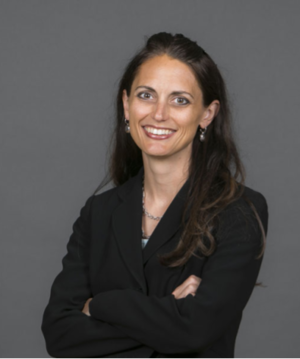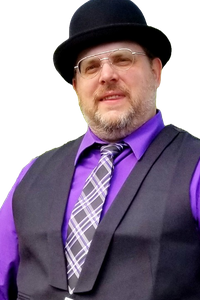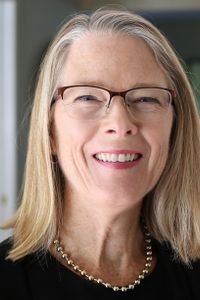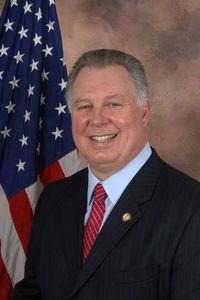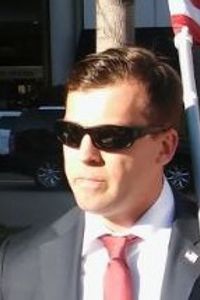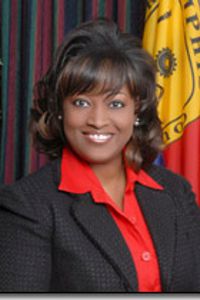Jennifer Mascott
Jennifer Mascott has emerged as one of the leading young minds in constitutional and administrative law. As a professor, her research explores the nuances of separation of powers and the complex world of federal agencies. She brings valuable real-world experience to the classroom, having served in prestigious clerkships and private practice. However, her passion lies in academia, where she can pursue scholarship and work with students. Mascott’s quick rise in legal education speaks to her intellect, work ethic, and commitment to the field.
Early Life and Education
High School
Jennifer Mascott grew up in Maryland and attended high school there. She showed promise from a young age as a skilled writer and critical thinker. Mascott participated in her high school debate club, developing public speaking and rhetorical skills that would later serve her legal career.
Undergraduate at University of Maryland
Mascott stayed in-state for college, attending the University of Maryland at College Park. She graduated in 2006 with a Bachelor of Science degree. Her major is unknown, but she likely pursued a liberal arts education to build her writing abilities. The well-rounded curriculum would have also honed her analytical thinking.
Law School at George Washington University
For law school, Mascott ventured down to Washington D.C. to attend the George Washington University Law School. She earned her Juris Doctor in 2009. The GW Law curriculum exposed Mascott to administrative and constitutional law early on. This stimulated her interest in studying separation of powers issues.
Professional Career
Clerkships
After law school, Mascott initially pursued prestigious clerkships. These experiences allowed her to work closely with federal judges and gain insights into the legal system. She clerked for Judge Brett Kavanaugh of the D.C. Circuit Court in 2009-2010. Mascott then clerked for Supreme Court Justice Clarence Thomas in 2010-2011. Clerking for a conservative justice like Thomas aligns with her scholarship promoting textualism.
Private Practice
Following her clerkships, Mascott worked in private practice for several years. She was an associate at Gibson, Dunn & Crutcher LLP from 2011-2014. This position developed her legal writing and analysis abilities. She also advised clients directly on constitutional and administrative law matters.
Academia and Research
By 2014, Mascott was ready to transition fully into academia. She became an Olin-Searle fellow at Georgetown University Law Center from 2014-2015. This fellowship enabled her to begin serious scholarship in her fields of interest. Mascott researched structural constitutional law issues such as separation of powers.
Notable Publications and Research
Administrative Law
Much of Mascott’s work focuses on administrative law—the complex regulations governing federal agencies. She argues agencies have grown too powerful, with little accountability. Mascott also critiques doctrines like Chevron deference that give agencies wide latitude. Her scholarship advocates reining in agency discretion through statutory interpretation and judicial review.
Constitutional Law
Mascott is a prominent defender of textualism and originalism in constitutional interpretation. She contends the Constitution’s text and original meaning should guide rulings, rather than subjective policy views. Mascott also adheres to structuralism, analyzing how separation of powers principles embedded in the text preserve liberty. Her constitutional law scholarship promotes fidelity to the document.
Separation of Powers
The separation of powers between the three branches animates much of Mascott’s work. She writes extensively on reinforcing separation of powers to prevent tyranny and executive overreach. Mascott argues the judiciary must check improper delegations of legislative authority to agencies. Her take on separation of powers informs both her administrative law and constitutional law research.
Teaching and Academic Appointments
George Mason University Antonin Scalia Law School
Mascott joined the Antonin Scalia Law School as an assistant professor in 2015. She teaches a range of courses at both the J.D. and undergraduate levels. Subjects include constitutional law, administrative law, legislation and regulation, and civil procedure. Mascott brings her scholarly expertise into the classroom. Her teaching style is nuanced yet engaging for students.
Courses Taught
At Scalia Law, Mascott has taught Constitutional Law I, Constitutional Law II, Administrative Law, Legislation and Regulation, Civil Procedure, and a Constitutional Structure seminar. Students praise her intellect and ability to explain complex material clearly.
Administrative Conference of the United States
In 2017, Mascott was appointed a public member of the Administrative Conference of the U.S. This independent federal agency aims to improve administrative process and procedures. The appointment allows Mascott to apply her scholarly work in the real world. She provides recommendations to federal agencies on transparency, efficiency, and public participation.
Honors and Awards
Jennifer Mascott has received prestigious honors recognizing her early career achievements:
- 2012 Herbert Wechsler Federal Courts Student Award, for an outstanding federal courts student comment
- 2013 Reginald Heber Smith Award, for excellence in poverty law advocacy
- 2015 Olin-Searle Fellowship, to fund her constitutional and administrative law scholarship
These awards validate Mascott’s superb legal writing and research skills. They also demonstrate her commitment to public service and advancing justice.
Personal Life
Little is publicly known about Mascott’s personal life, as she maintains a low profile outside her career. She resides in Arlington, Virginia with her husband and daughter. Mascott enjoys reading fiction in her spare time that is not related to the law. She has commented that strong personal relationships sustain her during challenging times.
Conclusion
In just a decade, Jennifer Mascott has become a star scholar of constitutional and administrative law. Her incisive publications illuminate separation of powers issues and the modern administrative state. Mascott also excels as a teacher devoted to legal education. With numerous achievements already, she appears poised for even greater impact in the years ahead. Mascott brings a principled perspective to her research shaped by textualism and originalism. Expect her probing analysis to continue advancing the discourse surrounding America’s legal foundations.
FAQs
Where did Jennifer Mascott attend law school?
Jennifer Mascott earned her Juris Doctor degree from the George Washington University Law School.
Where does Jennifer Mascott teach currently?
Mascott is an assistant professor at Antonin Scalia Law School, part of George Mason University.
What is Mascott’s main area of research?
Much of Mascott’s work focuses on constitutional law, administrative law, and the separation of powers.
What clerkships did Jennifer Mascott hold?
Early in her career, Mascott clerked for Judge Brett Kavanaugh and Justice Clarence Thomas.
What honors has Mascott received?
She has received prestigious awards like the Herbert Wechsler Federal Courts Student Award and Olin-Searle Fellowship.

